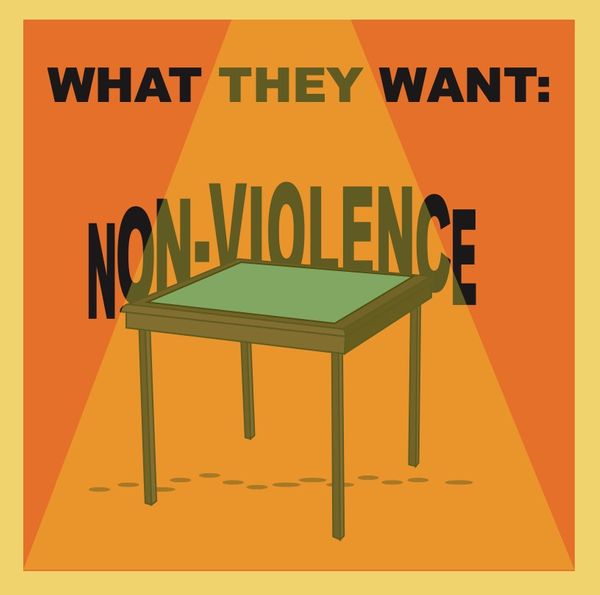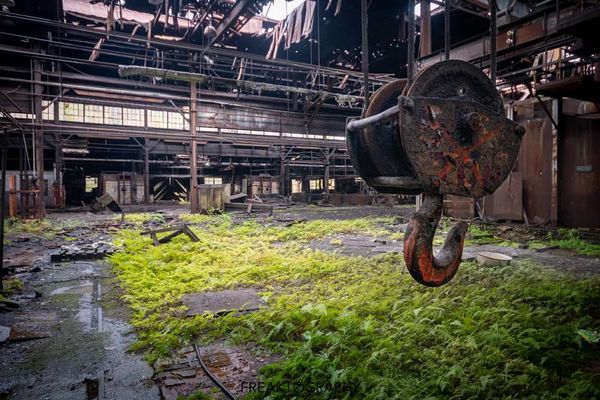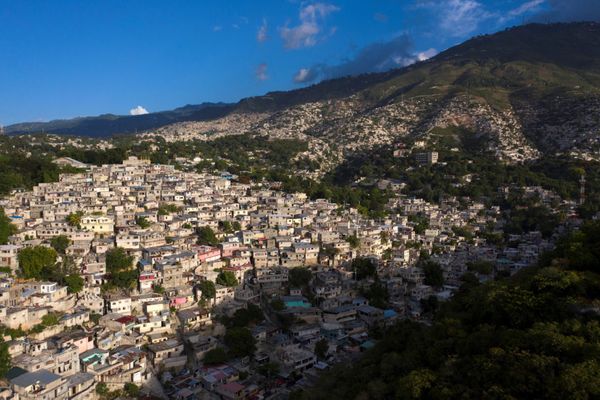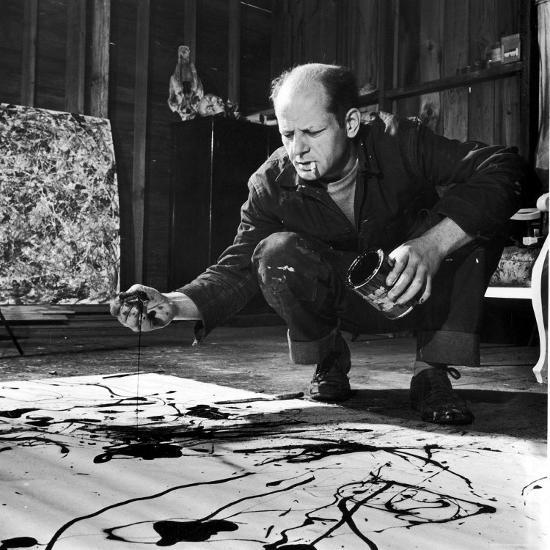Written by Sam Buckland, Graphic by Sophie Levy.
Franz Fanon, writing in 1961, near the end of the Algerian War for Independence, saw through the French elite’s colonial politics. “On the specific question of violence, the elite are ambiguous,” he wrote. “They are violent in their words and reformist in their attitudes. When the nationalist political leaders say something, they make clear that they do not really think it.”
What did the French elite really think? That their lifestyles, with all their conveniences and small luxuries, were ones that they would like to keep; and for the savvier ones, that the conveniences and small luxuries they had were only available to them because of a cheap labor force and a bounty of natural resources mercilessly extracted from the North African colonies. While the French elite claimed to sympathize with the Algerian cause, and perhaps in their hearts actually did, they continued to consume the riches that they got from those they colonized.
And not only that. They were repulsed by the idea of violence. They implored Algerians to be nonviolent. “At the decisive moment, the colonialist bourgeoisie, which up till then has remained inactive, comes into the field,” he writes. “It introduces that new idea which is in proper parlance a creation of the colonial situation: non-violence.” Fanon knew the economic interests that bind together the politicians, business leaders, and the intelligentsia. He knew the fighting words they like to profess and the recalcitrance they like to show when faced with real struggle; of those who were quick to “proclaim abstract principles but refrain from issuing definite commands,” much like Jeff Bezos, or Mark Zuckerberg, who’ve forcefully condemned racism and injustice (to varying degrees) but every day contradict their words.
Of course, violence is a complicated question. Fanon never denied that. But the elite’s position on violence – their horror at the thought of it – had nothing to do with violence itself and everything to do with their own prospects. For if violence was the problem, if violence from, say, riots repulsed them so much, why didn’t the countless episodes of State, commercial, and police violence against the powerless tear them to emotional shreds? The fact that those instances of violence are normalized shouldn’t have any effect on the outrage they’d feel, that is, unless violence wasn’t really the red line that the elite claim it to be. His point was that the selective outrage, or absence of outrage, that those in power feel tells a story of the interests that they believe are worth protecting. And he was right, now as much as then.
What story does the elite’s selective outrage tell? One of the powerful shaping social life to maintain their own power. I’ve been saddened to hear those close to me only be repulsed by properties or businesses which were damaged during rioting, while not feeling any sort of grief, anger, or sadness at the damage that the last two decades have wrought on Flint, Watts, New Orleans, Ferguson, Baltimore, and Harlem, among others. There’s a lack of weight and proportion to the rage that the elite feel; a parochial sense of injustice that too conveniently protects their own interests. For buildings can be rebuilt; communities and lives cannot.
Because the elite are insulated from legal violence directed again them, because they aren’t forced to feel the effects of redlining, predatory lending, broken-window policing, and asset forfeiture laws, for instance, or wage theft, they only see illegal acts of looting or property damage as violence. “It’s illegal,” I’ve heard some shriek. That’s the point. Kneeling when the police issue dispersal orders is a refusal to act, to be commanded. The law often is a vehicle of the State for channeling violence against those whose labor and land they’d like to claim. For the elite, the law is a resource; for everyone else, it’s a weapon. To resist the law, as protesters do, is to expose the law for what it is. It challenges the power that the law has over us, and reminds the courts, the legislators, and the police that the numbers actually are on our side.
In 1962, after eight bloody years of battle (famously depicted in The Battle of Algiers), the Algerian resistance – called the Front de libération nationale – won independence. After briefly belonging to Spain, then the Ottoman Empire, before being colonized by the French in 1830, Algerians gained self-determination for the first time in more than four centuries.
Fanon was aware that political emancipation was seriously important, and also just the start. By violence, he meant visibly resisting the ways that the powerful articulate control; not so much with knives and guns as with, say, dancing, tradition, and excessive affect, all of which pressured the colonial need to pacify the population into clean, docile instruments – as mere means – for French profits. (Of course, the FLN would never have gained independence by spontaneous dancing, but there’s no doubt that finding pockets of agency in an unfree world can be infectious, and so inspire a popular need for liberation). And when Fanon advocated for violence, he insisted that the colonizers themselves do the violence too. Fanon’s real target was the colonial relationship: the system of superiority and dependency that colonized Algerians were made to feel, dehumanizing them left and right, as well as the French. To obliterate that relationship would require the French and Algerians to reshape their identities and values. As anyone who’s gone through an existential crisis knows, that process is a remarkably painful triage of shame, guilt, and embarrassment, especially on a national scale. No one was spared violence – self-directed violence, at least – since colonization, like any act of injustice, dehumanizes those who do the injustice, those who witness it, and those who bear it.
We can see how true that is from our own elite’s response to the Black Lives Matter protests too. From their misdirected outrage to their thin words, they’ve lost a sense of what it is to be a person in this world, of what it is to be connected to another and to have shared goals of living a good life. Yet, as always, the material costs of that loss never fall on them.
Check LONYC weekly our take on: politics, photography, food, fashion, film, music and creative writing. Follow us, feel the vibe @laidoffny.
Get to know Sam better, @sambucksland for all his latest intellectual endeavours.
For more thought provoking graphics check out @art_by_slevy.



